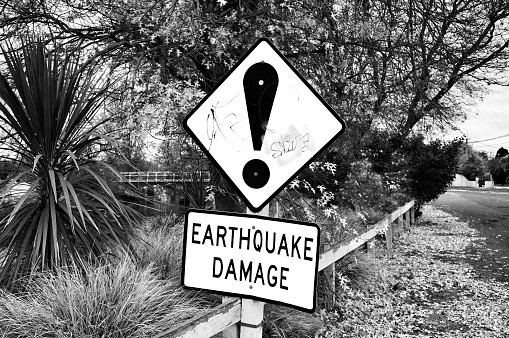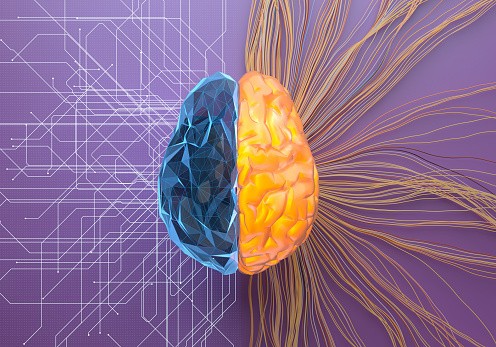Earthquake detection, despite the technological advancements over the years, is still not as exact as scientists would want it to be. Even the best seismologists in the world will say that detecting, let alone predicting tremors, is a hit or miss. But maybe they should've looked at animals more often.

This topic was in the forefront of the scientific community once again during the earthquake that hit Melbourne, Australia, last September 22. In a News.com.au story, several people reported instances of their pets (usually dogs and cats) acting strange shortly before the earthquake happened.
One person wrote that her dog, Harvey, allegedly howled in the hallway for five full minutes before the quake happened. Another reported that there's a significant absence of "birdsong" (aka birds not chirping like they're supposed to) before the tremor was even felt.
The earthquake that hit close to Melbourne recently was rated at a magnitude 5.9. According to CNN, the quake wasn't strong enough to cause widespread destruction, but it was apparently strong enough to basically put the entire city in gridlock.
Still, its power was enough to be felt as far away as Adelaide, which is a full 500 miles away, and Sydney, which is around 600 miles away from the epicenter.
Australia has barely recorded any powerful quakes in history, with its strongest ever being a magnitude 6.6 earthquake that hit the Northern Territory back in 1988.
That's because the entire landmass sits smack in the middle of a tectonic plate, unlike neighboring New Zealand, which is right along the vaunted Pacific Ring of Fire.
Earthquake 'Predictions' By Animals: How Are They Able To Do It?
According to the US Geological Survey (USGS), the earliest mention of unusual behavior in animals shortly before an earthquake was recorded in Ancient Greece over 2,300 years ago. Back then, rats, snakes, weasels, and even centipedes have been suspiciously scurrying off to safety mere days before a very destructive quake hits.
It's still widely unclear how animals could "sense" an incoming earthquake, but perhaps this is the most probable answer. According to ScienceDaily, animals might actually be able to sense quakes because large rock pressures in quake zones ionize the surrounding air.

Animals (specifically mammals) could likely use their sensitive fur to detect the ionization in the air. Also, scientists believe that your pets' noses could be sensitive enough to smell the gases that quartz crystals give off shortly before an earthquake occurs.
Why Can't Machines Predict Earthquakes, Then?
As mentioned earlier, even the world's most advanced seismology tech can't predict earthquakes. That's because the most accurate predictions have to rely on "precursors," or a kind of signal in the earth which points to an incoming quake.
But this is no ordinary signal, because it must happen only before large tremors, as well as before all big ones, writes NewScientist.
No machine has been reliable enough to identify these precursors, but maybe another one can--artificial intelligence. A specific algorithm being developed by a team of French researchers is stated to be accurate enough to predict any changes in the earth's crust two to three months before an incoming earthquake.

Maybe with this kind of tech, seismology will advance tenfold and be on-par with the apparent accuracy of animal quake predictions.
This article is owned by Tech Times
Written by RJ Pierce
ⓒ 2026 TECHTIMES.com All rights reserved. Do not reproduce without permission.




